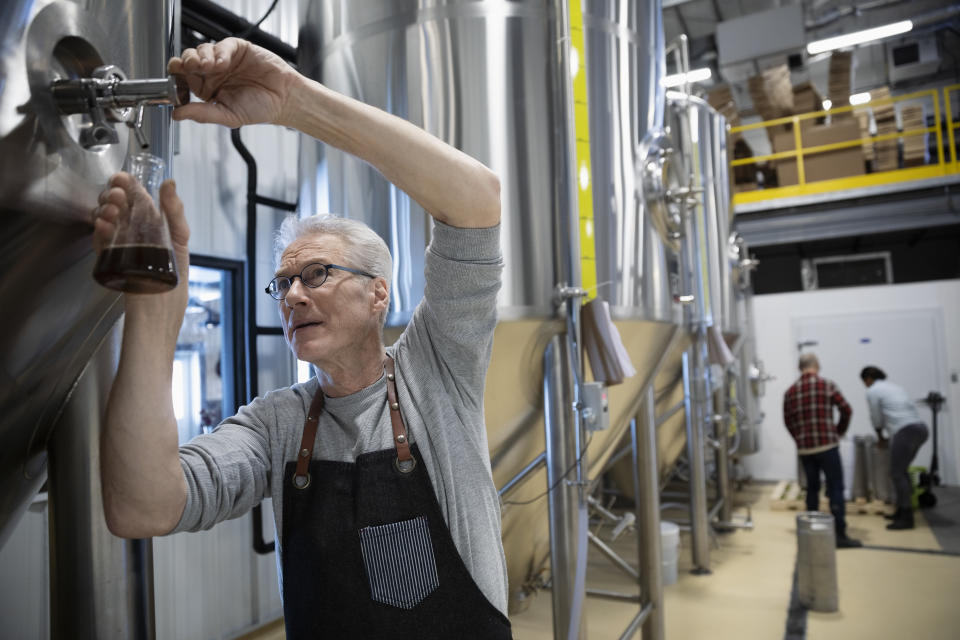Number of older workers rising in the UK, official data reveals

The proportion of workers aged 50 to 60 is rising in the UK, according to official figures.
Data from Office for National Statistics show the gap in employment rates between workers aged 50 to 60 and those under-50 has slimmed to its narrowest point in 25 years.
The ONS data, gathered by jobs website Rest Less, shows that the employment rate among the 50-to-64 age group has increased to 72% in 2018 from just 56% in 1992.
In comparison, the employment rate of 16- to 49-year-olds has risen only 5% in the last 25 years, from 73% in 1992 to 78% today.
Stuart Lewis, founder of Rest Less, attributed the rise in older workers to the rising state pension age along with the move away from the security of final salary pension schemes. This is forcing many people to work for many years past the retirement age they might have planned on.
But many older employees are seeing the benefits of working for longer. “Many are actively looking to top up their pension savings while they still can but there is also a growing understanding of the many health and social benefits that come with working into retirement,” said Lewis.
“The implications of the rising numbers of 50-to 64-year-olds in the workplace are vast and with future population growth coming almost entirely from the over 50s, employers who find ways to actively attract and retain this talented and hard working section of the workforce will be those that thrive over the coming decades,” he added.
A 2019 study from the Centre for Ageing Better found that there are 10.4 million workers aged over 50 in the UK – an increase of 2.4 million in the last decade. This is equivalent to nearly a third of the UK workforce and is a proportion set to grow as we live and work for longer.
Patrick Thomson, senior programme manager at the Centre for Ageing Better, said: “We know that improving employment rates for over-50s will unlock huge benefits for the UK’s economy, as well as helping people stay financially secure in later life.”
However, many older workers still face discrimination when it comes to finding jobs and returning to the workforce after a career break.
Thomson called on employers to play a more active role in continuing to narrow the employment gap. He said: “Crucially, tackling ageism in the recruitment process will prevent employers from missing out on the skills and experience of older workers.”

 Yahoo Finance
Yahoo Finance 